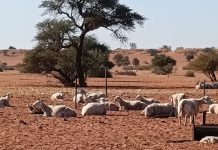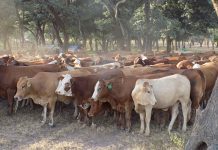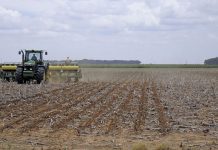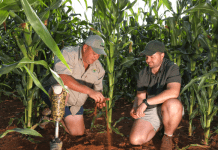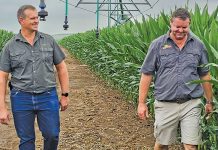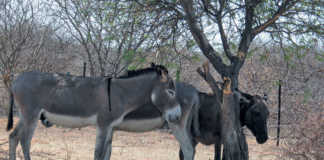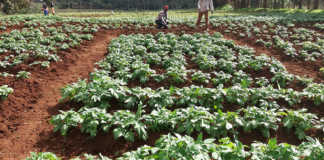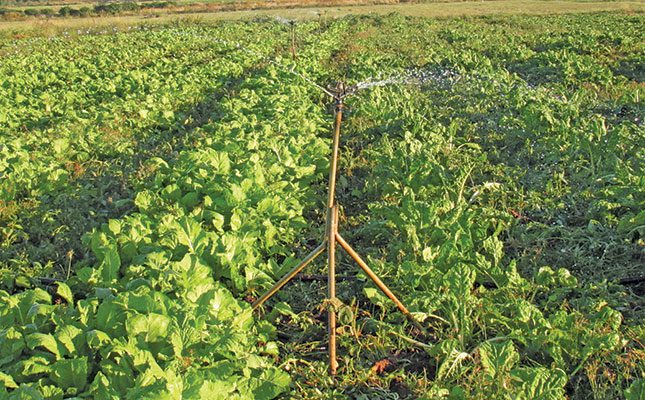
According to newzimbabwe.com, tobacco producers have over the years left tracks of destruction, such as huge environmental degradation and the decimation of the country’s natural forests.
The TIMB has consequently embarked on several sustainability programmes to ensure that the tobacco crop is produced with the minimum effect on the environment, in line with the Sustainable Tobacco Programme (STP).
According to British American Tobacco’s website, the STP supported standards in the production of the crop, environmental management, and key social and human rights areas. It is an international and industry-wide initiative for tobacco merchants and industry players.
Emmanuel Matsvaire, TIMB acting CEO, said: “We are actively upholding this by promoting the best agricultural practices, environmental management, and social and human rights areas to improve socio-economic conditions for tobacco growers and their communities.
“In 2023, the TIMB introduced the Agricultural Labour Practices Code and a new Contractors Compliance Administrative Framework, which all registered tobacco contractors signed and are obligated to follow.”
According to Matsvaire, this year contractors are providing growers with tree seedlings to establish woodlots, and coal or wood from sustainable woodlots for tobacco curing, thereby reducing the pressure on the country’s natural forests and allowing them time to recover.
The TIMB has also announced that it registered more than 107 000 tobacco growers for the 2024/25 cropping season, a 16% increase from the 92 862 growers registered during the same period in 2023.
“For the 2024/25 season, 59 656 communal farmers have registered, along with 36 340 A1 farmers, 5 610 small-scale tobacco farmers, and 6 368 A2 small-scale commercial farmers,” according to Chelesani Moyo, TIMB spokesperson.

